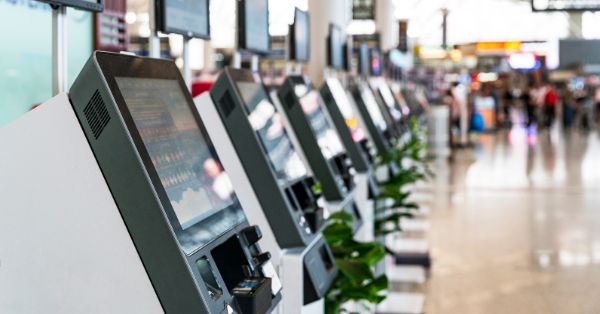Introduction The Tennessee Titans and Verizon have entered into a partnership aimed at enhancing the fan experience at Nissan Stadium.
Challenges or Objectives The main objective is to enhance the fan experience during games and events at Nissan Stadium. This includes improved connectivity for communication within the stadium and ensuring fans can capture and share on-field actions seamlessly.
Solution Implemented Verizon, as the “Official 5G Network of the Tennessee Titans,” will enhance connectivity in the stadium. Key implementations include:
- Introduction of Accelerated Access, leveraging facial authentication technology for quicker ticketing and access control.
- Installation of several 5G Ultra Wideband cell sites at Nissan Stadium for enhanced wireless performance.
- Managed Private Wireless Solution to support coach-to-coach communication on the field across all U.S. NFL stadiums.
Supporting Evidence Adam Nuse, Titans Chief Revenue Officer, emphasized the importance of excellent cellular service in enhancing fan experience at Nissan Stadium.
Why the Selected Technology Was the Right Choice? 5G technology offers high-speed, secure, and reliable connectivity, which is essential for real-time communications within the stadium, ensuring fans can share experiences and coaches can communicate effectively.
Use Case Benefits Fans will benefit from faster and more reliable connectivity during games and events. Additionally, the introduction of Accelerated Access will streamline the entry process, improving overall fan experience.
Industry Impact This partnership showcases the potential of 5G technology in elevating sports events’ experience, setting a precedent for other stadiums to follow suit.
Use Case Status Being deployed, with features set to be available starting from the regular season games and events of the current year.
Use Case Timeline While specific timelines are not detailed, the improvements will be live for the regular season games and events of the current year.
Customer Endorsements Both Adam Nuse, Titans Chief Revenue Officer, and Leigh Anne Lanier, Atlantic South Market President for Verizon, have expressed their enthusiasm and confidence in the partnership’s potential to elevate fan experiences.





























